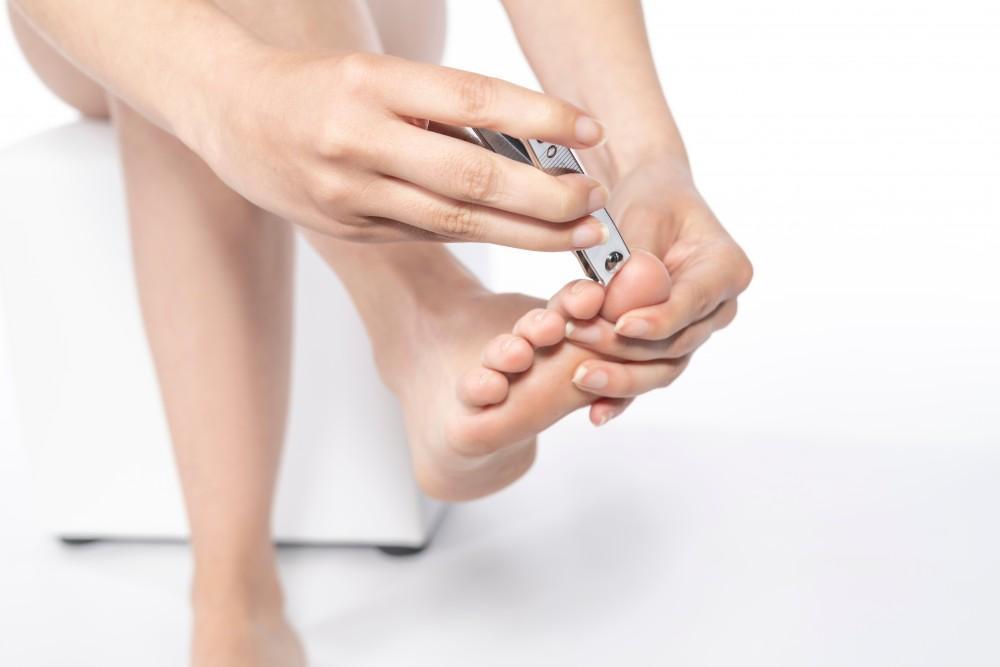
Complications of an Untreated Ankle Sprain

Ankle sprains are among the most prevalent ankle injuries, especially among athletes. They occur when twisting or bending the ankle joint, stretching the tendons past their normal range of motion.
Mild to moderate ankle sprains might not seem severe enough to get treatment, but not doing so could result in further damage to the ankle and long-term complications. The earlier you get treatment, the better off your ankle will be in the future.
If you need ankle sprain treatment, Joseph DiMenna, DPM and Jacques Tran, DPM at Family Foot and Ankle Center of South Jersey in Cherry Hill, New Jersey, are here to help. Dr. DiMenna and Dr. Tran are experienced podiatrists who quickly evaluate your injury to determine the best treatment for your ankle.
Signs of an ankle sprain
An ankle sprain occurs when the ligaments in the joint stretch beyond their normal range. Anyone can have an ankle sprain, but it's common in athletes and active people.
Ankle sprains can happen for many reasons, such as stepping off a curb incorrectly or twisting the ankle while running or playing sports. Knowing the signs and symptoms of an ankle sprain helps you determine when to seek treatment.
If you have any of the following symptoms, you may have a sprained ankle, and you should get an evaluation:
- Immediate swelling
- Ankle instability
- Decreased range of motion
- Pain, especially with putting weight on the foot
- Bruising around the ankle
- Ankle tenderness, especially to touch
The above symptoms may vary in severity depending on the grade of the sprain. Grade 1 sprains are mild, while grade 3 sprains indicate a torn tendon. In most cases, the more severe the symptoms, the more severe the injury.
Do I need immediate treatment?
As soon as you notice pain or an ankle injury, it's essential to evaluate it. Not every sprain requires a trip to the doctor, but if in doubt, it doesn't hurt to get an evaluation to determine if you need further treatment.
You can take some immediate steps to reduce swelling in the ankle joint and alleviate pain. Home care for an ankle sprain includes:
- Ice to reduce swelling
- Rest for a few days
- Wrapping the ankle for compression
- Elevating the ankle while at rest
- Over-the-counter anti-inflammatory medications
- Ankle immobilization
Physical therapy is another helpful treatment for any ankle sprain. The physical therapist provides stretches and exercises that strengthen the muscles, ligaments, and tendons around the ankle to improve stability and increase range of motion.
Complications of untreated sprains
Getting treatment early on for an ankle sprain can spare you any long-term effects from the injury. Allowing an ankle sprain to go untreated can result in various complications, including the following:
Arthritis
After a moderate to severe ankle injury, you're at risk for arthritis, especially if you don't seek treatment right away. The damage within the joint won't get better on its own, and arthritis may lead to further pain and stiffness in the affected ankle.
Chronic ankle instability
Chronic ankle instability is one of the most significant issues related to an untreated ankle sprain. Without the proper time to heal, the ligaments remain stretched, causing the ankle to feel like it's giving out. The risk of chronic ankle instability is repeat sprains and injuries.
Repeat sprains
Not allowing the ankle sprain to heal fully can cause you to re-injure or re-sprain the ankle. Repeat sprains damage the tendons in the ankle joint and lead to chronic ankle instability.
Undiagnosed fractures
Some fractures have the same symptoms as an ankle sprain and may go without treatment if you don't seek care for an injury. An undiagnosed and untreated ankle fracture can lead to the bones not healing correctly, arthritis, and other ankle deformities.
Joint swelling and pain
Not treating an ankle sprain causes the ligaments to heal incorrectly. Joint swelling and chronic pain are two complications that may continue with an ankle sprain that you didn't get treatment for.
If you have a sprained ankle, don't hesitate to call us at 856-667-8222 to schedule an appointment, or click here to book a consultation with Family Foot and Ankle Center of South Jersey.
You Might Also Enjoy...


5 Ways to Keep Your Bunion Pain to a Minimum

Gout: What Is It and How Can I Get Rid of It?

Suspect You’ve Broken Toe? How To Tell and What to Do

How to Tell If You Have Hammertoe


